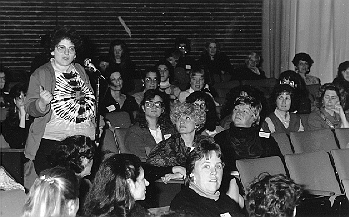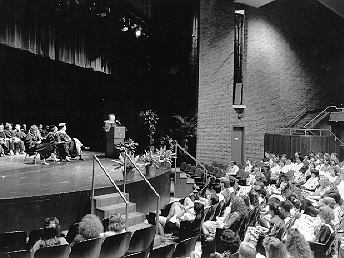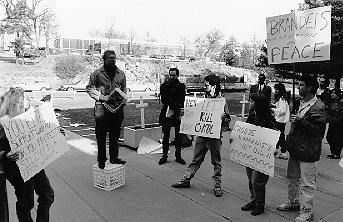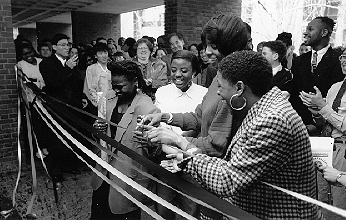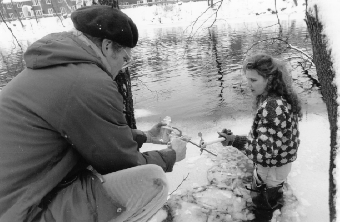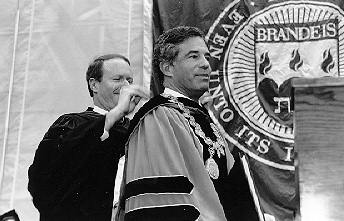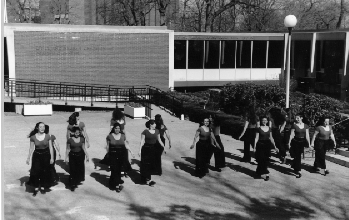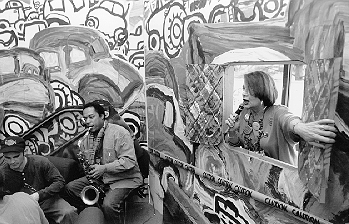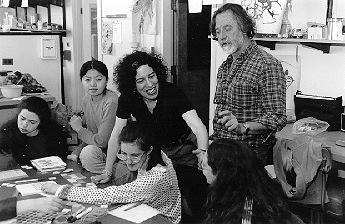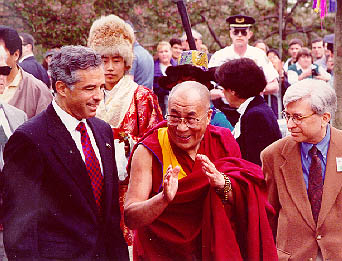The Fifth Decade

During its fifth decade, Brandeis University has gone a long way toward fulfilling the promise of its earliest years. In 1991 Dr. Samuel Thier, former head of the National Academy of Sciences’ Institute of Medicine, succeeded Evelyn Handler to become the university’s sixth president. Under his leadership the university was able to regain a sense of itself as an important asset to the American Jewish community as well as to American higher education, establishing the groundwork for the string of ever more impressive achievements that began during his administration and continues under that of his successor, President Jehuda Reinharz.
Since President Reinharz took office in 1994, Brandeis has seen a flowering of new programs across the academic spectrum, including new programs in Jewish studies, the International Center for Ethics, Justice and Public Life and the new Center for German and European Studies, funded in part by the government of Germany and publicly inaugurated with a visit from Chancellor Helmut Kohl. Recent additions to the faculty include former U.S. Secretary of Labor Robert Reich as University Professor, and visiting faculty Ann Richards, the former governor of Texas (and now a member of the Board of Trustees), Anita Hill and Ed Koch. A life-lesson of an entirely different sort came to Brandeis students in May of 1998, when the university had the honor of hosting a visit from His Holiness the 14th Dalai Lama.
Brandeis’ continuing rise to prominence has not gone unnoticed in the academic community, either. A 1997 study identified Brandeis as first among 11 “nationally rising” research universities, a finding that astonished one of the study’s authors, although no one familiar with Brandeis’ 50 years of dedication to faculty research should find it the least surprising.
From its heady, improvisatory early days, through the wrenching experiences of the Vietnam era and its aftermath, to its re-emergence as a major center of higher learning, Brandeis has had a spectacular first fifty years. In 1998-99, as the fifth Brandeis decade draws to a close and we consider the eventful path that has brought us here, the only thing that could be more surprising than who we have been will be the discovery of who we have yet to become.
